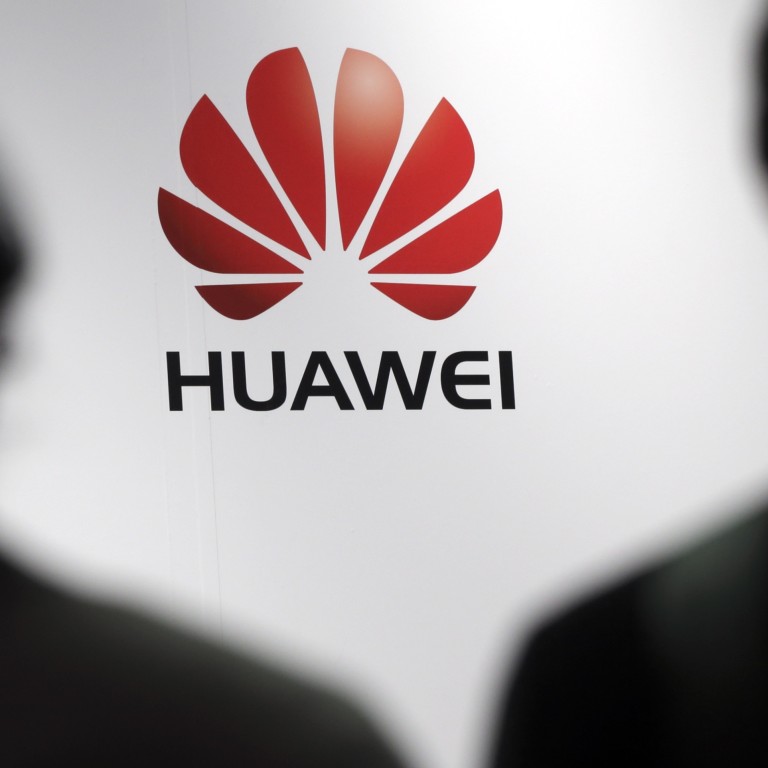
China's cybersecurity rules could backfire: Huawei boss
Closing market to best technology products would hamper innovation, warns CEO Eric Xu
China can ensure its information security in the long run only if it keeps its market open to the best technology products, be they foreign or domestic, Huawei's chief executive Eric Xu says.
Xu's remarks on Tuesday were a rare example of a top Chinese CEO openly questioning the direction of Beijing's information security policy, already a source of concern for countries that fear it will limit opportunities for their technology firms.
In recent months mainland leaders have advanced, albeit fitfully, several technology "localisation" measures to minimise the threat of foreign cyberspying, by encouraging or requiring the use of domestic products in important systems.
But such policies could hamper free competition and innovation in Chinese industry and undermine Chinese security in the long term, Xu said on the sidelines of Huawei's annual global analyst summit in Shenzhen.
"If we're not open, if we don't bring in the world's best technology, we'll never have true information security," Xu said, comparing the country's corporate computing industry to primary school students competing against foreign rivals at university level.
"Even if you localise, make your own CPUs [central processing units], make your own operating systems, make your own database software, it would still be at a grade-school level, with your security measures transparent to the college students," Xu said.
"The only way you can answer the security problem is to keep improving your technology."
A spokesman for the national internet regulator said localisation would not influence the competitiveness of the domestic technology industry, and the policy would continue to be pushed forward. "There's not at all a conflict between network security examinations and an open market," the Cyberspace Administration spokesman said.
Although Huawei would gain more contracts if foreign products were kept out, Xu said, the overall quality of technology used in the country could drop.
"From China's perspective, to determine whether this is a good thing or bad thing we have to look at whether the market has healthy competition," he said. "Is this good money replacing bad money or bad money replacing good money?"

